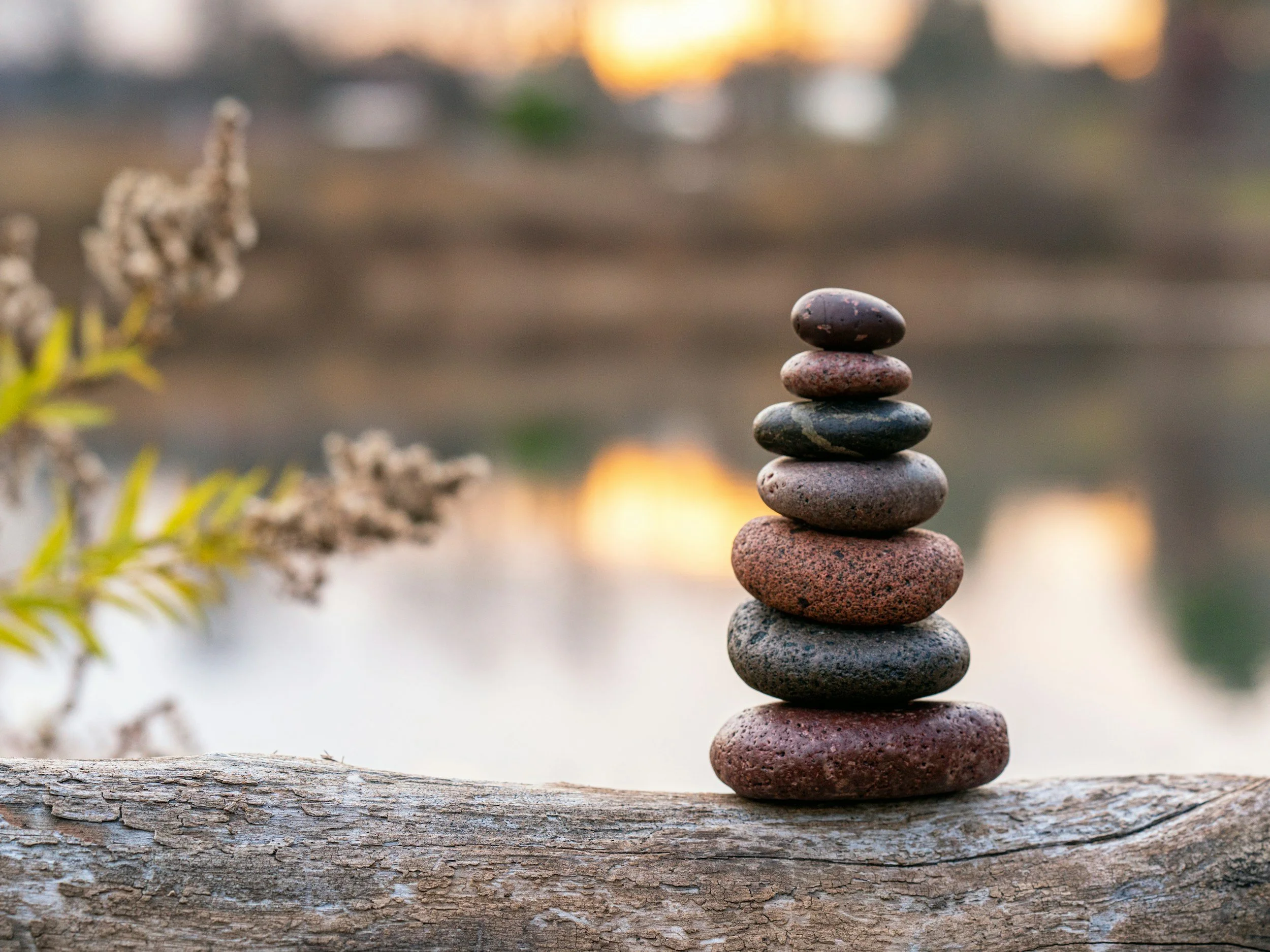Kidney Stones: Warning Signs You Shouldn’t Ignore
Kidney stones are a common but painful condition that can develop silently before causing severe discomfort. These hard deposits form when minerals and salts accumulate in the kidneys, leading to blockages in the urinary tract. Recognizing the warning signs early can help prevent complications and ensure timely treatment.
1. Severe Pain in the Lower Back or Side
One of the most telltale signs of kidney stones is intense pain, often described as sharp and cramping, in the lower back, side, or abdomen. The pain may come in waves and shift as the stone moves through the urinary tract.
2. Blood in the Urine (Hematuria)
If you notice pink, red, or brown-colored urine, it could indicate the presence of blood due to a kidney stone irritating the urinary tract. Even if the bleeding is minimal, it’s essential to seek medical evaluation.
3. Frequent and Painful Urination
A sudden increase in the urge to urinate, along with burning or discomfort, could signal that a kidney stone has moved closer to the bladder. This symptom may be mistaken for a urinary tract infection (UTI), making proper diagnosis crucial.
4. Cloudy or Foul-Smelling Urine
Changes in urine color and odor can suggest an infection or the presence of kidney stones. If your urine appears cloudy, has a strong odor, or looks abnormal, it’s a sign that something isn’t right.
5. Nausea and Vomiting
The intense pain from kidney stones can trigger nausea and vomiting due to the body’s response to discomfort and irritation in the kidneys. If these symptoms accompany lower back pain, a kidney stone may be the culprit.
6. Fever and Chills (Possible Infection)
If kidney stones cause a blockage, bacteria may build up in the urinary tract, leading to infection. A high fever, chills, or general malaise could indicate a more serious condition requiring immediate medical attention.
When to See a Doctor
If you experience any of these symptoms, especially severe pain, fever, or blood in your urine, it’s essential to consult a healthcare professional. Early intervention can prevent complications and ensure the best course of treatment.
Final Thoughts
Kidney stones can be incredibly painful, but recognizing the warning signs early can help you take action before they worsen. Staying hydrated, maintaining a balanced diet, and seeking medical advice when symptoms arise are key steps to protecting your kidney health. If you suspect you have a kidney stone, don’t ignore the symptoms—getting the right care can make all the difference.
